Firearms Training with Michael Dorety
Michael Dorety is a highly experienced security professional and firearms instructor with a distinguished career spanning several decades. Founder of Stop the Threat
Michael Dorety
Michael Dorety is a seasoned security professional and firearms instructor with extensive experience in both corporate and personal protection. As the founder of Stop the Threat, he specializes in providing security solutions across various sectors, including corporate, healthcare, and public venues. With over 15 years as an NRA instructor, Michael is an expert in in-home and out-of-home protection, as well as trauma response training. His career is marked by a commitment to enhancing safety through innovative security measures and comprehensive firearms training.

OUR SERVICES
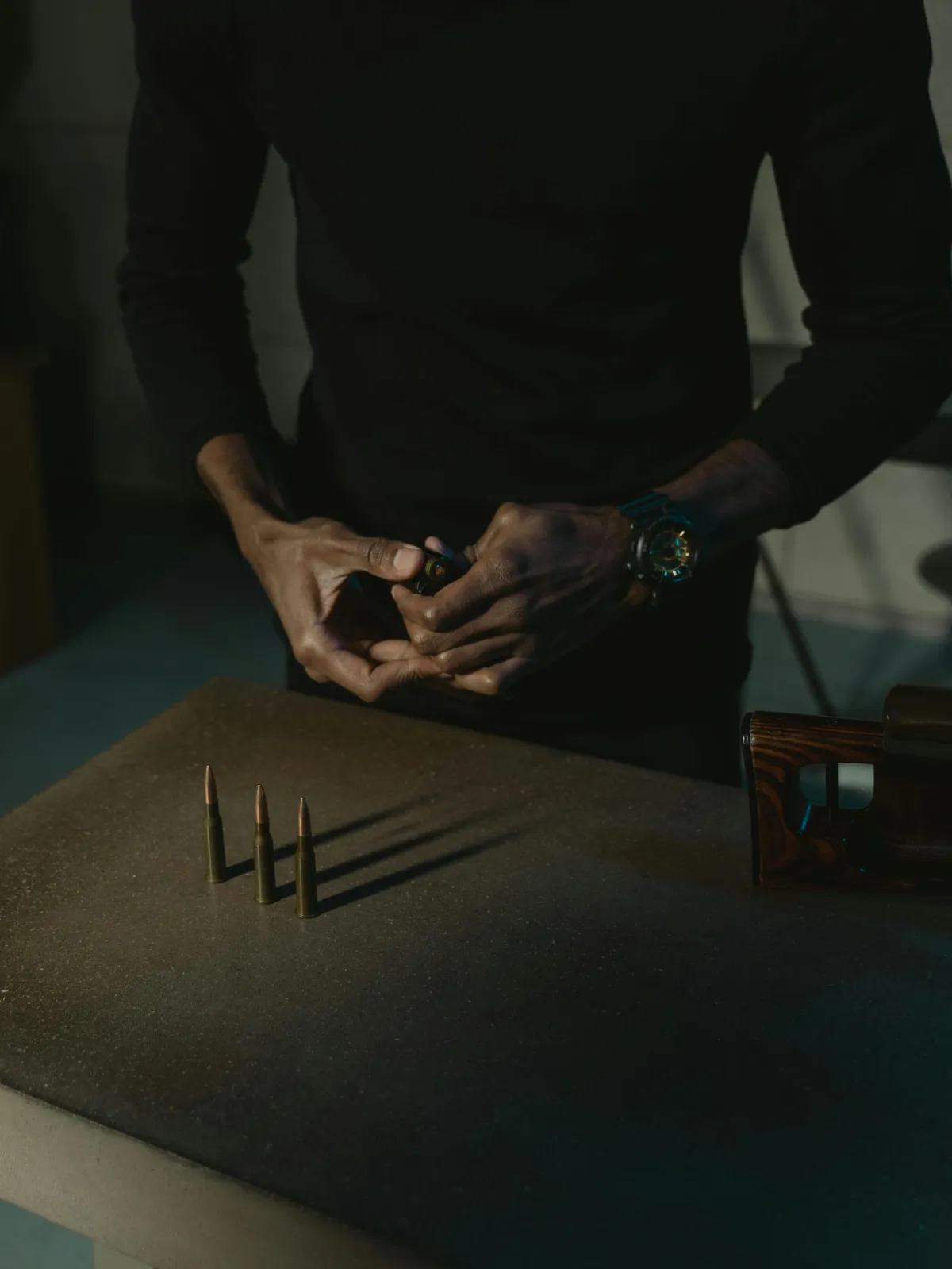
Introduction and Safety
Course Objectives:
Understanding the course structure and expectations.
Defining the goals of personal protection outside the home.
Firearm Safety Rules
Fundamental safety rules: Always treat every firearm as if it is loaded, keep your finger off the trigger until ready to shoot, never point the firearm at anything you are not willing to destroy, and be sure of your target and what is beyond it.
Safe handling and storage of firearms: Safe direction, proper grip, trigger discipline, and storing firearms securely using safes or lockboxes.
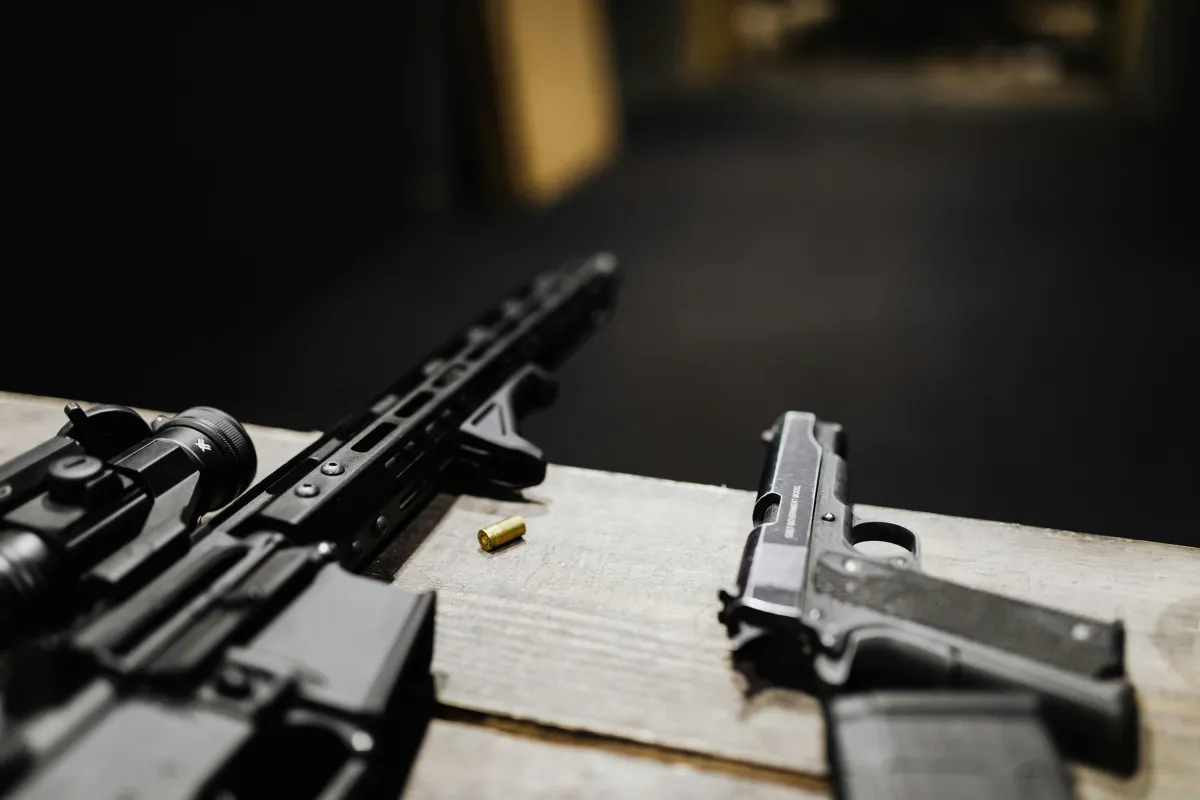
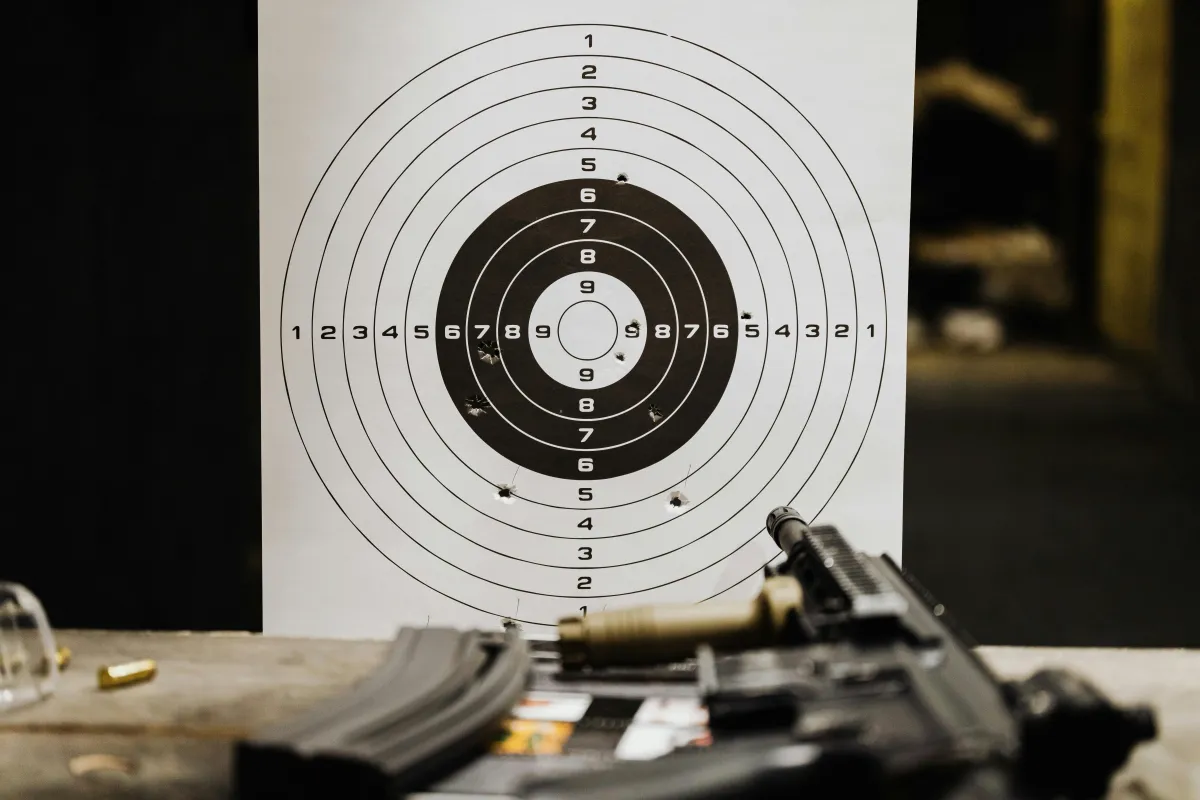
Range Safety and Procedures:
Overview of range commands and procedures: Commands like “Load,” “Fire,” “Cease Fire,” “Unload,” etc.
Personal protective equipment (PPE) and its importance: Use of eye protection, ear protection, and appropriate clothing.
Defensive Shooting Fundamentals
Shooting Basics:Stance: Isosceles, Weaver, and modified stances.Grip: Proper grip techniques to control recoil.Sight alignment and sight picture: Focusing on the front sight.Trigger control and follow-through: Smooth trigger pull and maintaining sight picture after the shot.
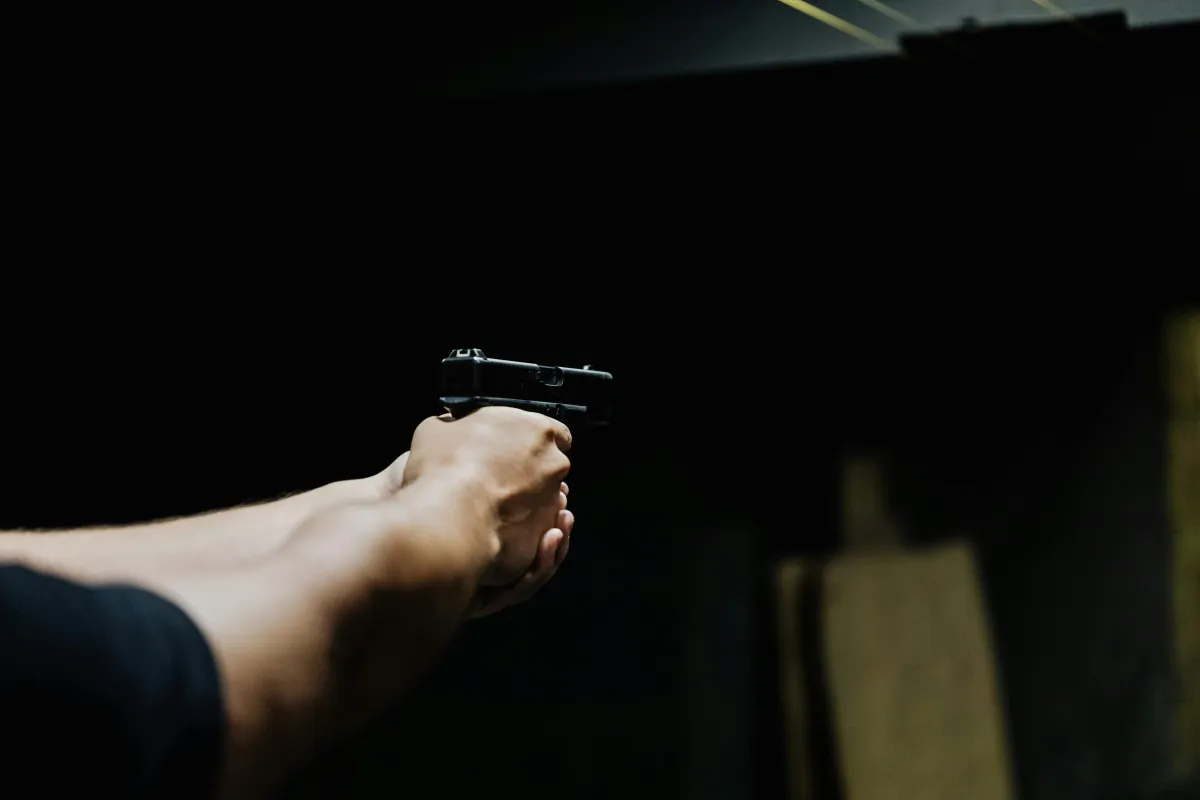
What People Are Saying About Michael Dorety
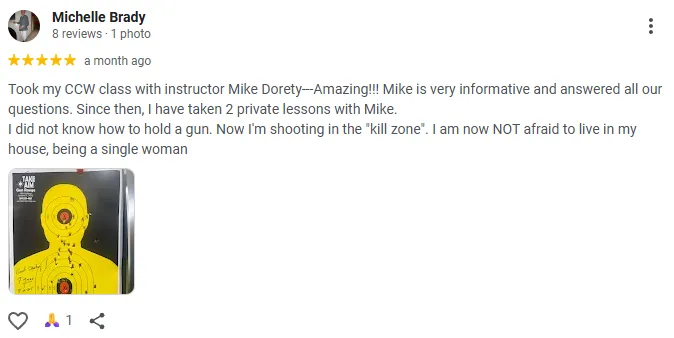


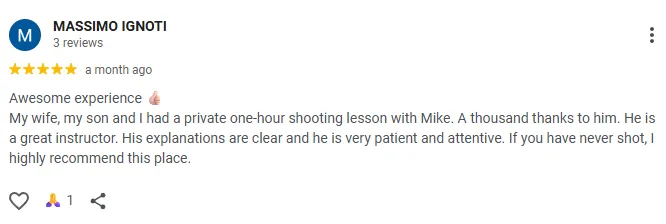

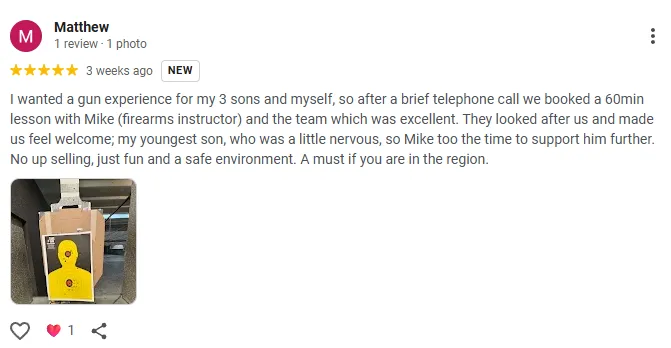
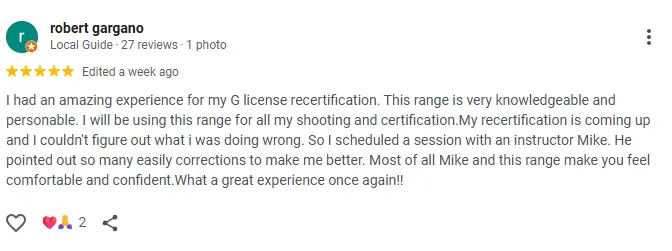



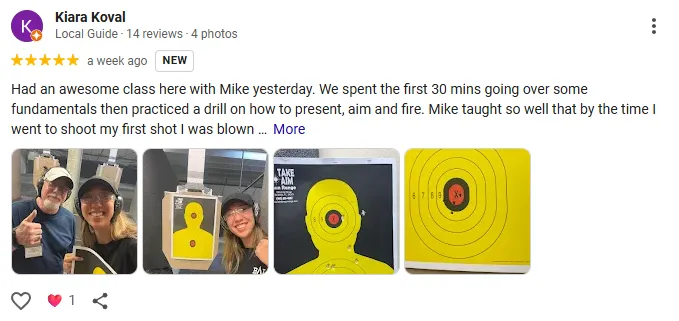
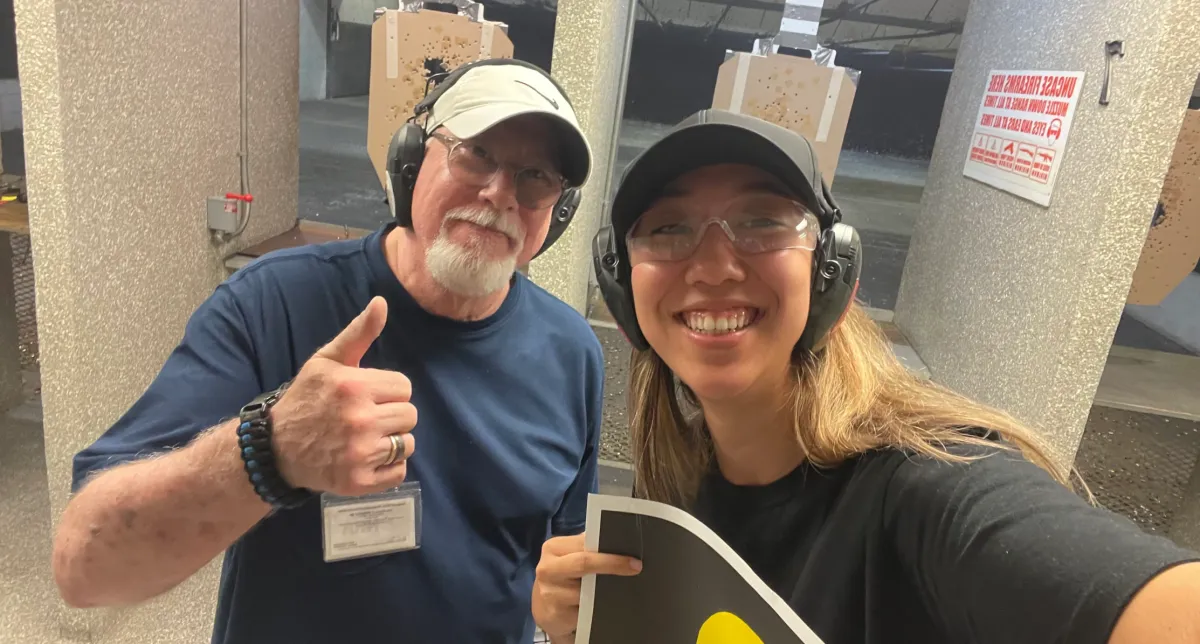
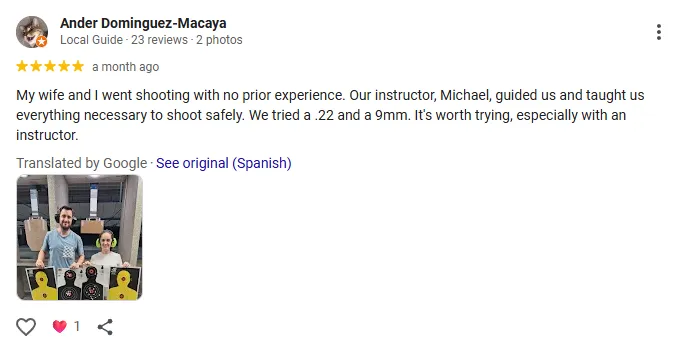















FAQS
Why should I consider firearms training if I live in a “safe” area?
Even in low-crime areas, violent incidents can happen unpredictably — including home invasions, robberies, and carjackings. Firearms training prepares you for worst-case scenarios, improves reaction time, and builds confidence under stress.
Is it legal to use a firearm in self-defense?
Laws vary by state, but most U.S. states uphold your right to defend yourself with a firearm under "castle doctrine" or "stand your ground" laws. We advise all clients to understand their local laws before engaging.
How common are home invasions in the U.S.?
Home invasions make up a significant portion of burglaries. According to the DOJ, over 1 million burglaries occur when someone is home, and in 27% of those cases, someone is physically harmed.
What are the chances of being targeted in a carjacking or robbery?
Carjackings and robberies are on the rise in urban and suburban areas. From FBI and BJS data, there are over 34,000 carjackings annually, and roughly 60% involve a weapon.
Are women more at risk for certain types of violent attacks?
Yes. According to the National Crime Victimization Survey (NCVS), over 90% of sexual assault victims are women. Women are also more likely to be targeted in abductions, making situational awareness and self-defense critical.
Does training really help in high-stress situations?
Yes. Muscle memory developed through structured firearms training significantly improves response times and decision-making during violent encounters.
Do I need to carry a firearm daily to benefit from this training?
No. While concealed carry is one option, this training is equally valuable for home defense, vehicle security, and family protection planning.
Is it safe to train with live firearms as a beginner?
Absolutely. Our training follows rigorous safety protocols with certified instructors. Beginners often develop better habits than experienced shooters with poor training.
Can I bring a family member or partner to train with me?
Yes. In fact, we encourage it — shared training builds better in-home defense strategies and improves communication under pressure.
What’s the most important skill I’ll walk away with?
Confidence. Whether it's de-escalation, situational awareness, or safe firearm handling, you'll be better prepared for what you hope never happens.


